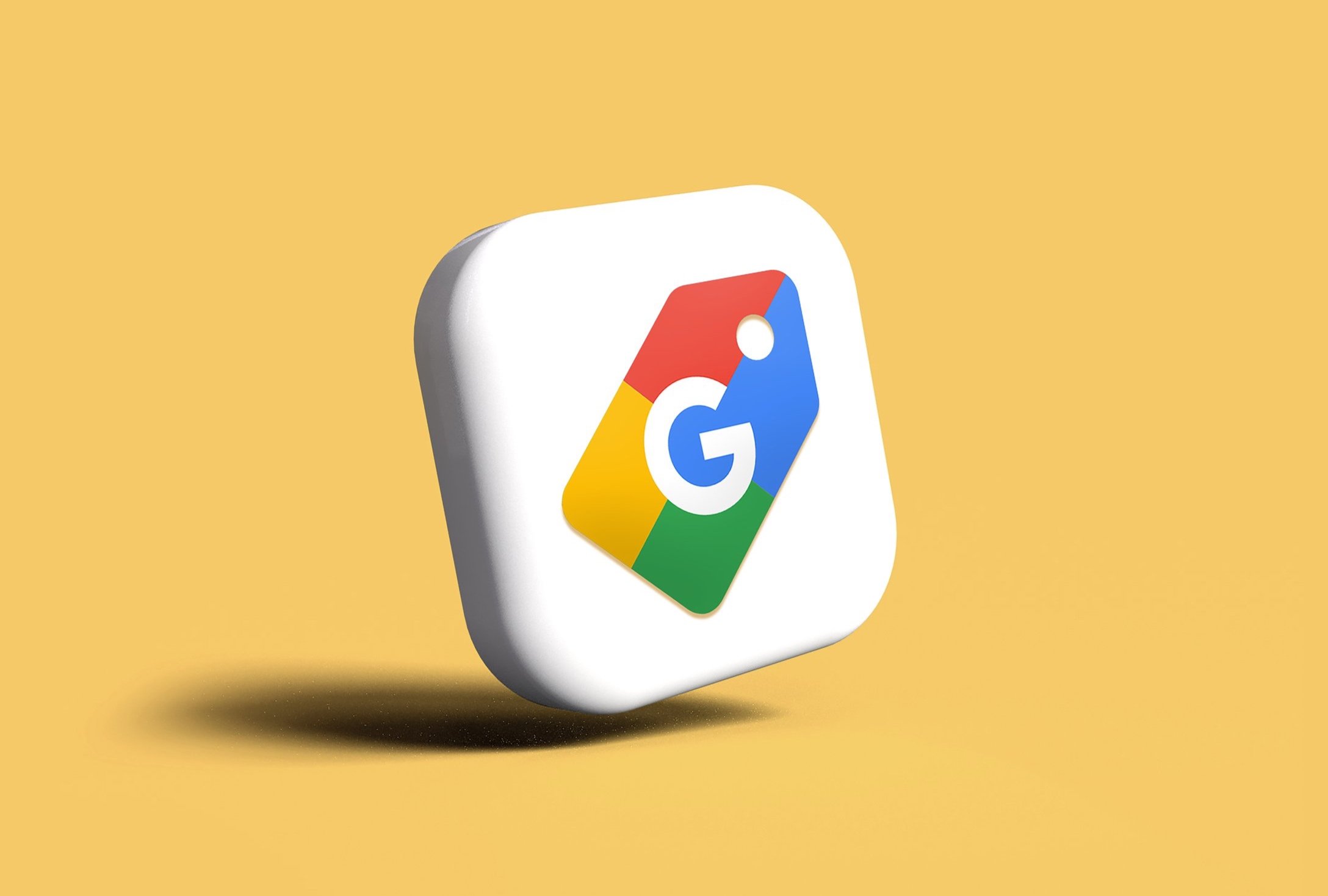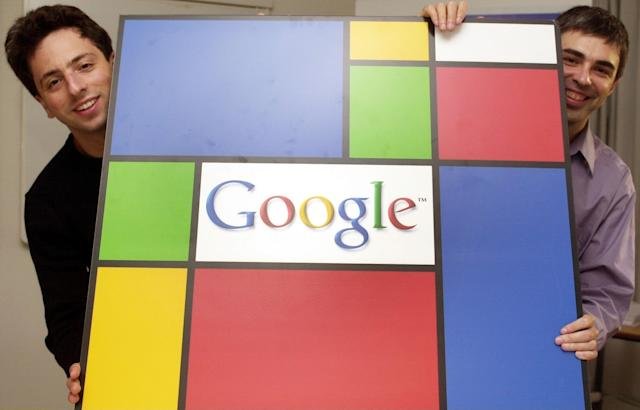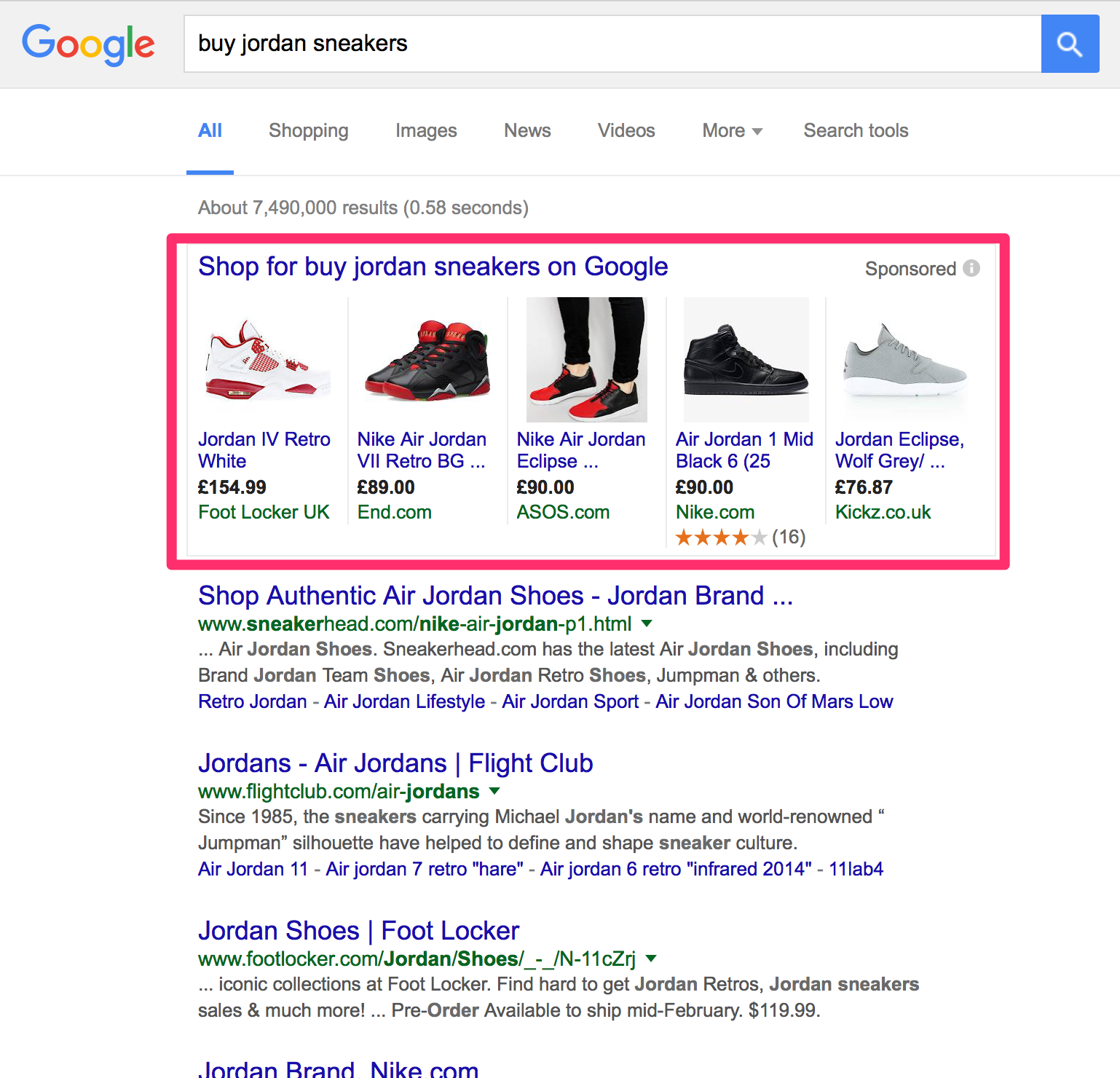DIGITAL MARKETING TOOLS: THE HISTORY OF PPC
Did you know that PPC advertising began way back in 1996? Currently, Google holds a monopoly over the industry, but it wasn't always that way. Next up in our Digital Marketing Tools: History of series, we are delving into the history of PPC, alongside a brief look into where it might be heading in the future.
The story began in 1996 when the first documented version of PPC appeared on a platform called Planet Oases. If you haven't heard of it before, in the 90s, Plant Oases was a desktop application featuring links to informational and commercial websites. Businesses could pay Planet Oases a small sum to have their site appear higher or be featured in specific search results. While this wasn't a huge success, to begin with, it was enough for other platforms to notice. The same year, Open Text index introduced a feature called 'Paid Listings'; these ads only feature in search results. Unfortunately, this wasn't a success for Open Text Index, and users largely ignored the feature. There is one more thing that happened in 1996 that would go on to shape the future of PPC; Standford University started a new project called 'Google'.
By 1997 sites are seeing PPC take off; in fact, over 400 prominent brands are now using PPC on a variety of small platforms, which are increasing their sales in-store and online. It's important to remember that eCommerce wasn't very big at this time, so when a brand saw success in online sales in 1997, it was tiny compared to today's numbers.
In 1998 a company called Goto.com began designing an auction system for keywords that shapes the foundation of PPC ads today.
Larry Page, right, and Sergey Brin, launched Google in 1998, originally the search engine for Stanford University’s website.
The New Millennium
Unfortunately for the new PPC industry, the broader internet ad business crashed as many businesses go bankrupt in the early 2000s. The remaining big companies who have spent the last four years driving this industry get cold feed and pull their digital marketing spend. Despite the downturn, Stanford University's incubator project, ' Google', launched and began offering advertisers the option to choose which keywords to place ads on. With Google's self-service platform, advertisers only need to pay when their ads are shown to users, reducing the risk and funnelling what's left of digital spending to their services.
In 2001 GoTo.com renamed itself as Overture Services; and partnered with Yahoo and MSN, mega search engines at the time. Overture Services brings in almost $300 million in ad revenue in a single year, but Google is growing fast with $85 million. The following year, Google changed the market again by designing a new PPC model for advertisers. The system uses ad relevance for ranking to improve user experience and increase business revenue.
At this time, larger eCommerce businesses see the money made from PPC and adopt similar ad models to boost their revenue. Shopping.com gives eCommerce sites a chance to pay per click on their products. This creates healthy competition in the market and lays the foundation for modern eCommerce stores to adopt similar models.
In the years that followed, Yahoo bought Overture for $1.6 Billion, and Google cemented its dominance in the market; by 2004, Google was responsible for 84.7% of all online searches. The following year, Google launched Google Analytics, allowing advertisers to track and measure their advertising campaigns.
In the years that followed, our timeline began to splinter. Microsoft launched their version of Google's ad business called AdCenter, and we see the foundations of a popular platform called Facebook begin to take root. Facebook launches their advertising platform that brings Google's keywords idea and applies it to interest groups. To keep this blog simple, we will leave the Facebook story here as it morphs into a substantial adverting business that requires its own timeline.
Google Shopping
Welcome to the 2010s
The 2010s are an interesting time for PPC; not only does it become clear that Google will dominate this market, but we also see tech giants Microsoft rebrand as 'Bing' and Yahoo begin to fade away.
Not content with just dominating the Market, Google sees opportunities to continue innovating and add new options, such as Product listing ads and remarketing. This gives businesses the chance to list their entire catalogue within Google and would later give birth to Google Shopping.
It's also important to remember that 2010 saw the rise of the iPhone; while introduced In 2007, the iPhone began to dominate the market and fundamentally change what a phone does. Users are no longer tethered to their computers in the corner of their rooms; they have begun to use Google in their day-2-day life. This substantially increases search volume.
As it currently stands, Microsoft's Bing accounts for around 9% of the market, Yahoo sits at 2.55%, and Google takes the vast majority of searches and revenue at a whopping 83%.
If you have been following our History of Marketing series, you will notice that compared to Social Media, the history of PPC is relatively short. While it's been around for over 25 years, the leading players in the industry have stayed the same. Looking into the future, it's likely that the past will forecast what happens in future. Google continues to add more services and options to improve conversions. Some of these changes might be great for business, but they are coming at the user's expense. We are also seeing users change their search habits within TikTok, which delivers video content to answer their questions. Will this mean the fall of Google? It's doubtful, but it does feel like we are entering an exciting time for PPC that could fundamentally change the market.
You can read more in our history of Marketing series by clicking here for The History of Email and The History of Social Media.




